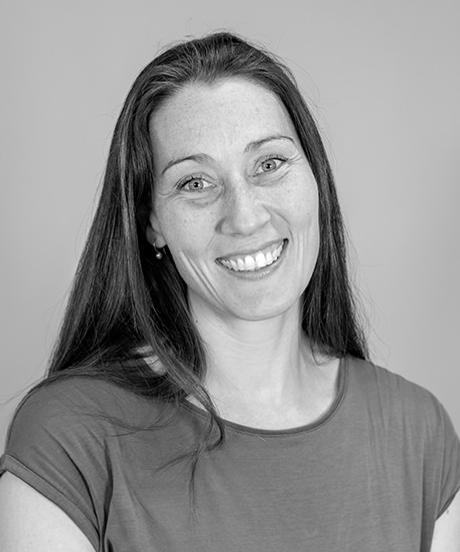
Proving the impact of sharing
Studies have shown that up to 29 percent of the space occupied by organisations could benefit from being shared with other organisations. In Aarhus alone, this corresponds to 600,000 square metres with annual operating costs of around DKK 300 million. In other words, many organisations are spending considerable resources on operating ‘dead space’ rather than cultivating life in action, and they have so much to gain from sharing rather than owning.
This idea of sharing and creating content across organisations is a concept we have bought into. After all, flexible workplaces, sharing and coworking is a megatrend.Michael Bruhn / CEO of PFA Ejendomme, which purchased Pakhusene in 2018 for more than DKK 850 million.
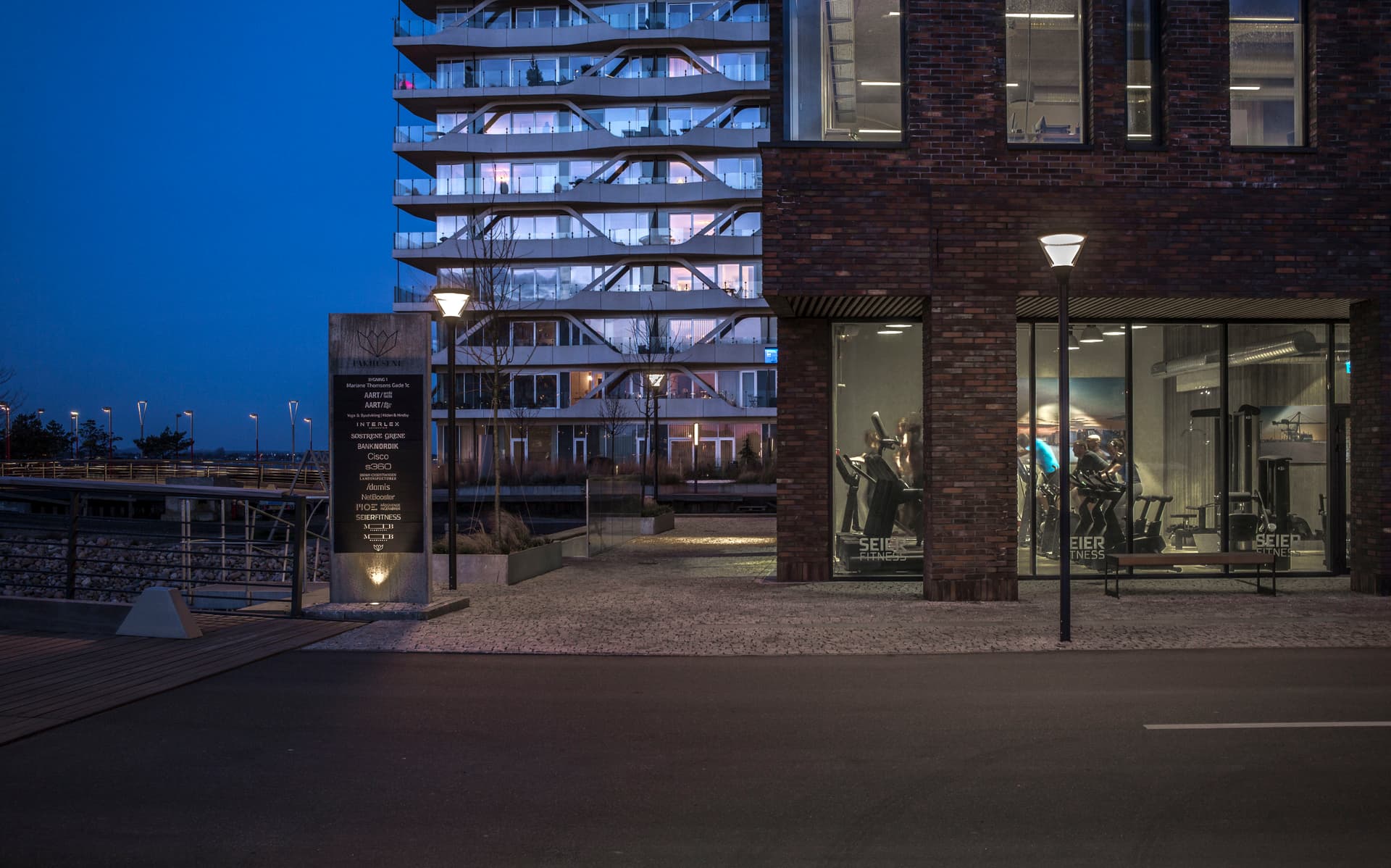
Based on the sharing economy
Pakhusene is thus based on the idea of bringing the sharing economy into the development of the office buildings of the future. As an office building with a communal character, Pakhusene gives organisations the possibility to utilise the floor space far more efficiently compared to a traditional office building. Sharing facilities such as meeting rooms, the canteen, auditorium and changing rooms not only ensures the limited amount of square metres are used as efficiently as possible; as an organisation, you also get far more space at your disposal and far more facilities than you pay for.
Access to far more space
In fact, a small company gets 270 percent more square metres at its disposal, while larger companies get access to 30 percent more. Added to that are common facilities such as a fitness centre, sauna, harbour bathing area and street football area. The harbour bathing area and street football area are also open to the public, turning Pakhusene into a popular destination for the harbour districts locals and visitors.
One of the things I appreciate about working in Pakhusene are the many shared facilities. It results in a vibrant atmosphere out here 24⁄7, which creates a good energy around the building.Berit Grotkjær Jensen / Competence Manager at MOE
Creates new networks
In line with the characteristics of the sharing economy, organisations in Pakhusene must sacrifice the right to have full control over the many shared facilities. As studies have shown, however, the alternative in a traditional office building is that the facilities will simply be left empty or only utilised for half the working day - and what an organisation gives up in terms of control is gained in terms of relationships at Pakhusene, where new networks across organisations have sprung up. It’s a synergy effect that can raise productivity within the individual organisation by as much as eight percent, as several studies have found that the closer the organisations coexist, the higher their productivity.
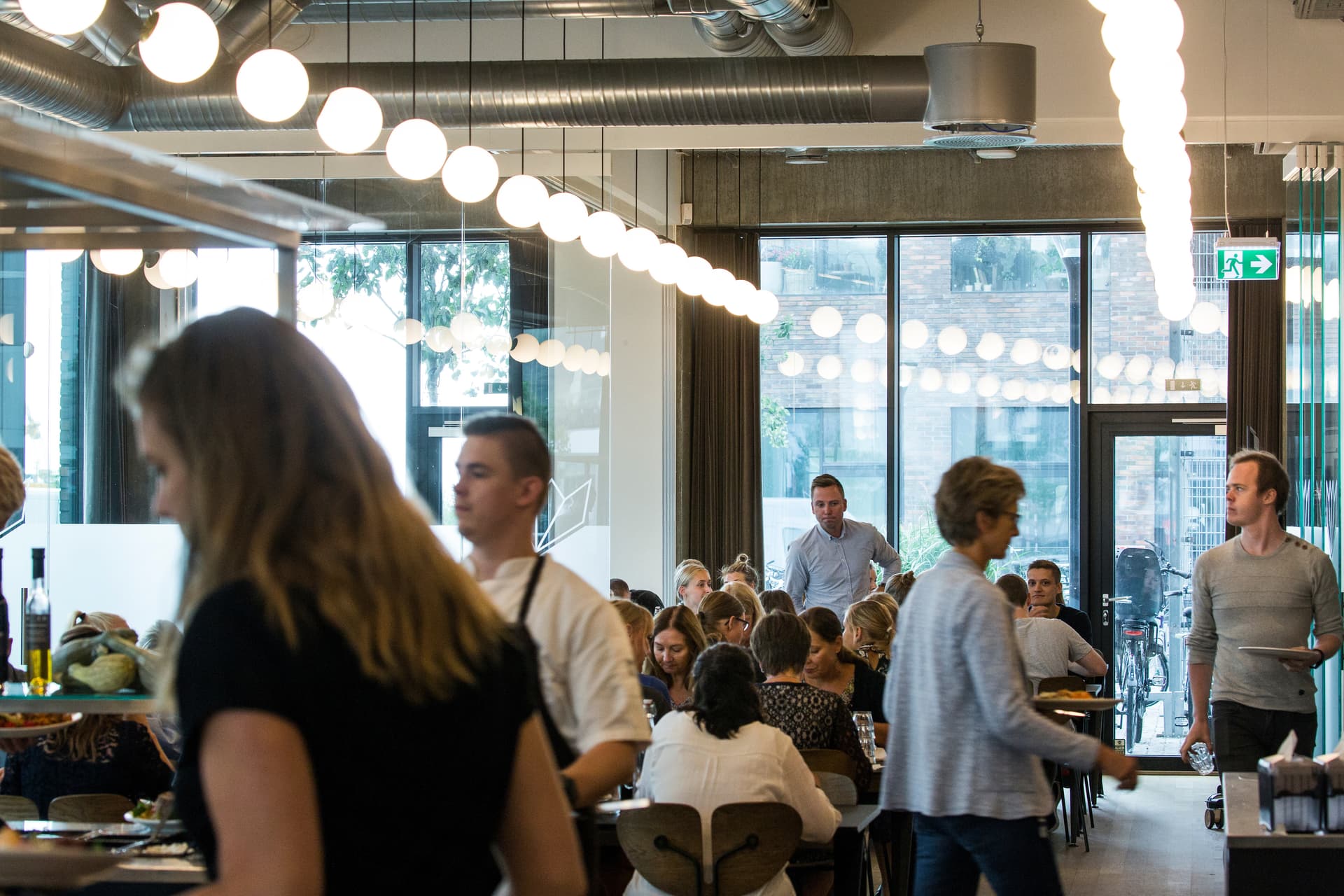
One good argument for choosing Pakhusene was the tenant composition out here. There are other tenants that are ideal partners for our law firm, and there are some synergies that have already begun to bear fruit.Jesper Hedegaard / Partner at Interlex Advokater
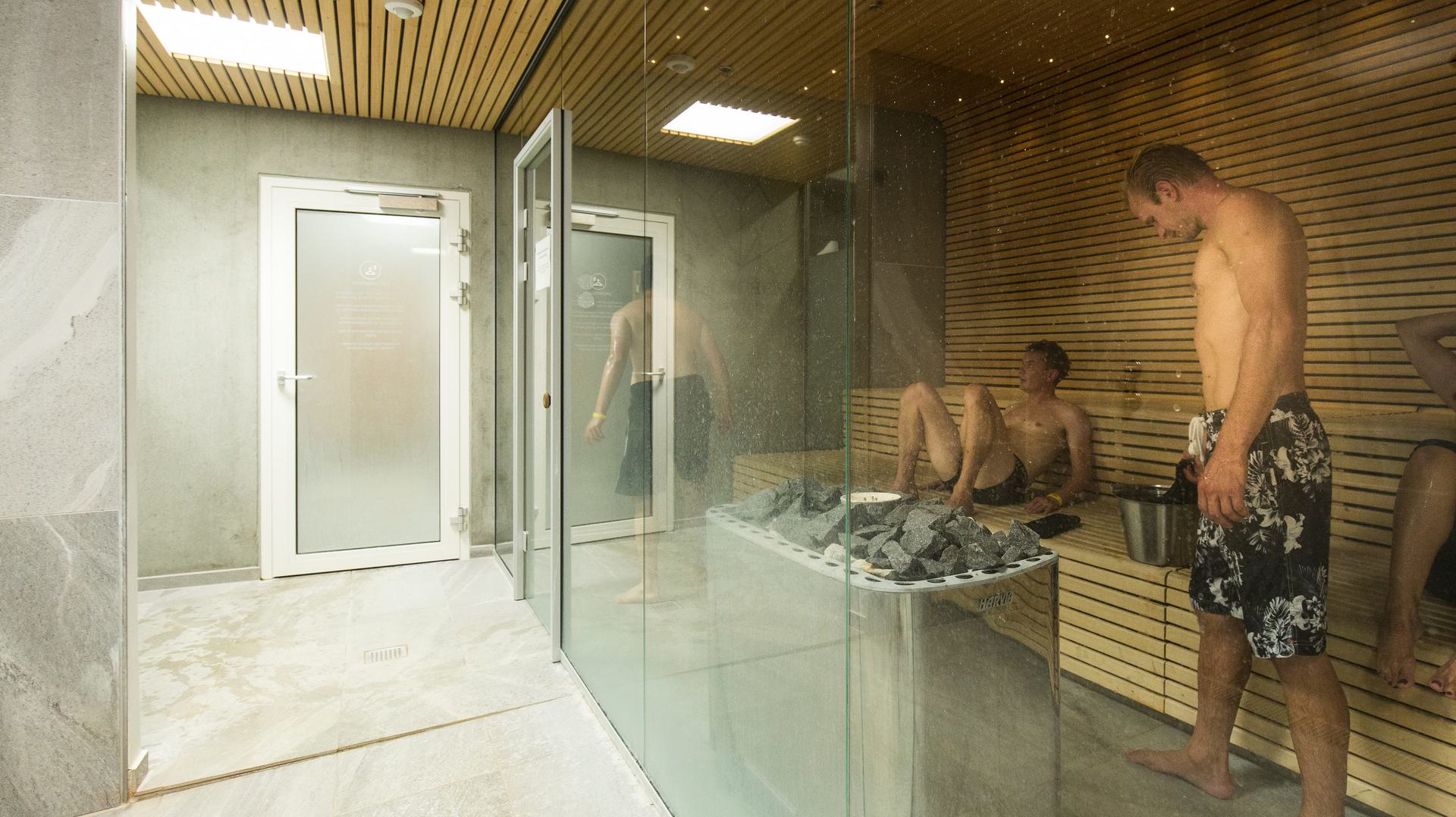
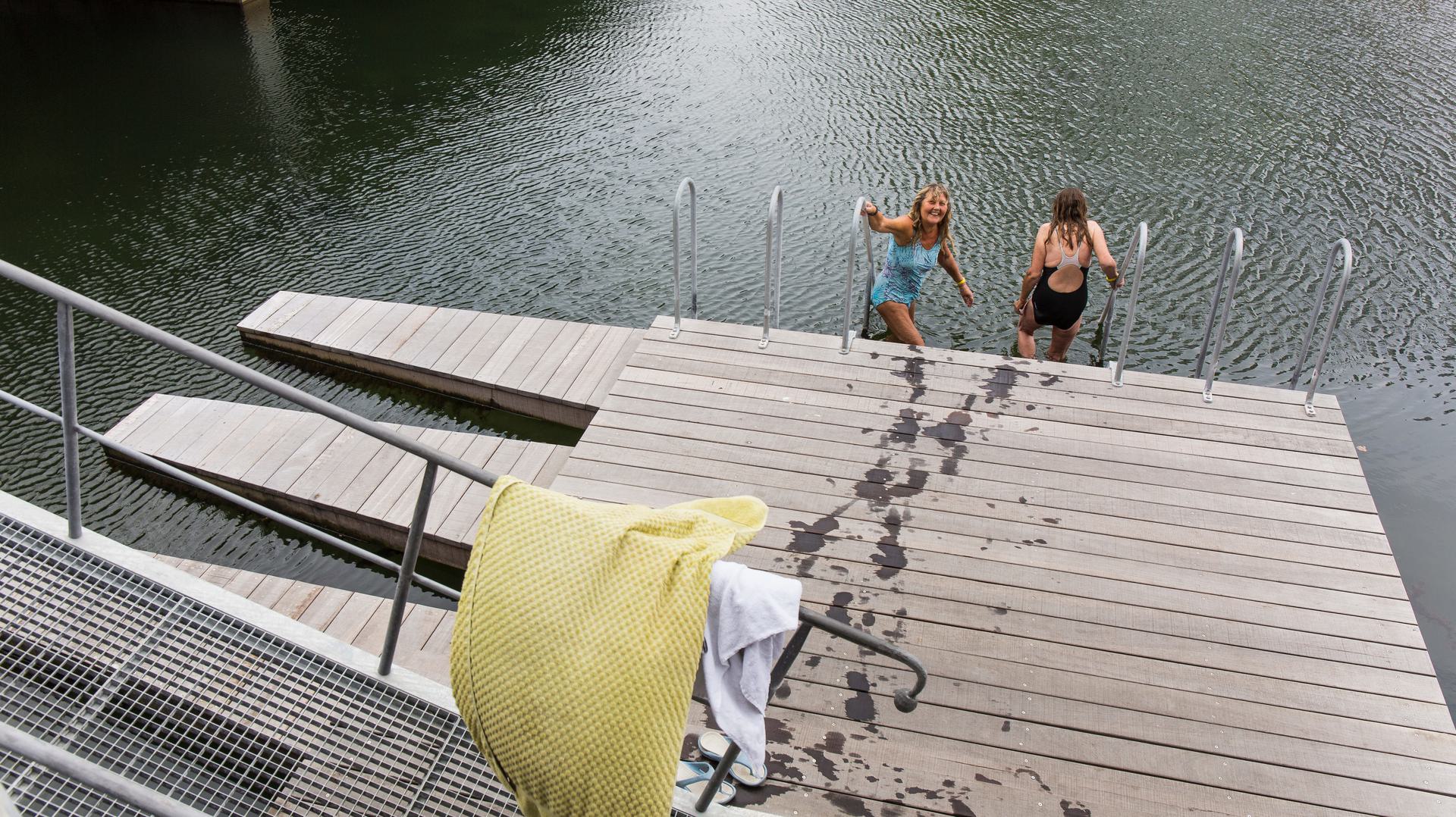
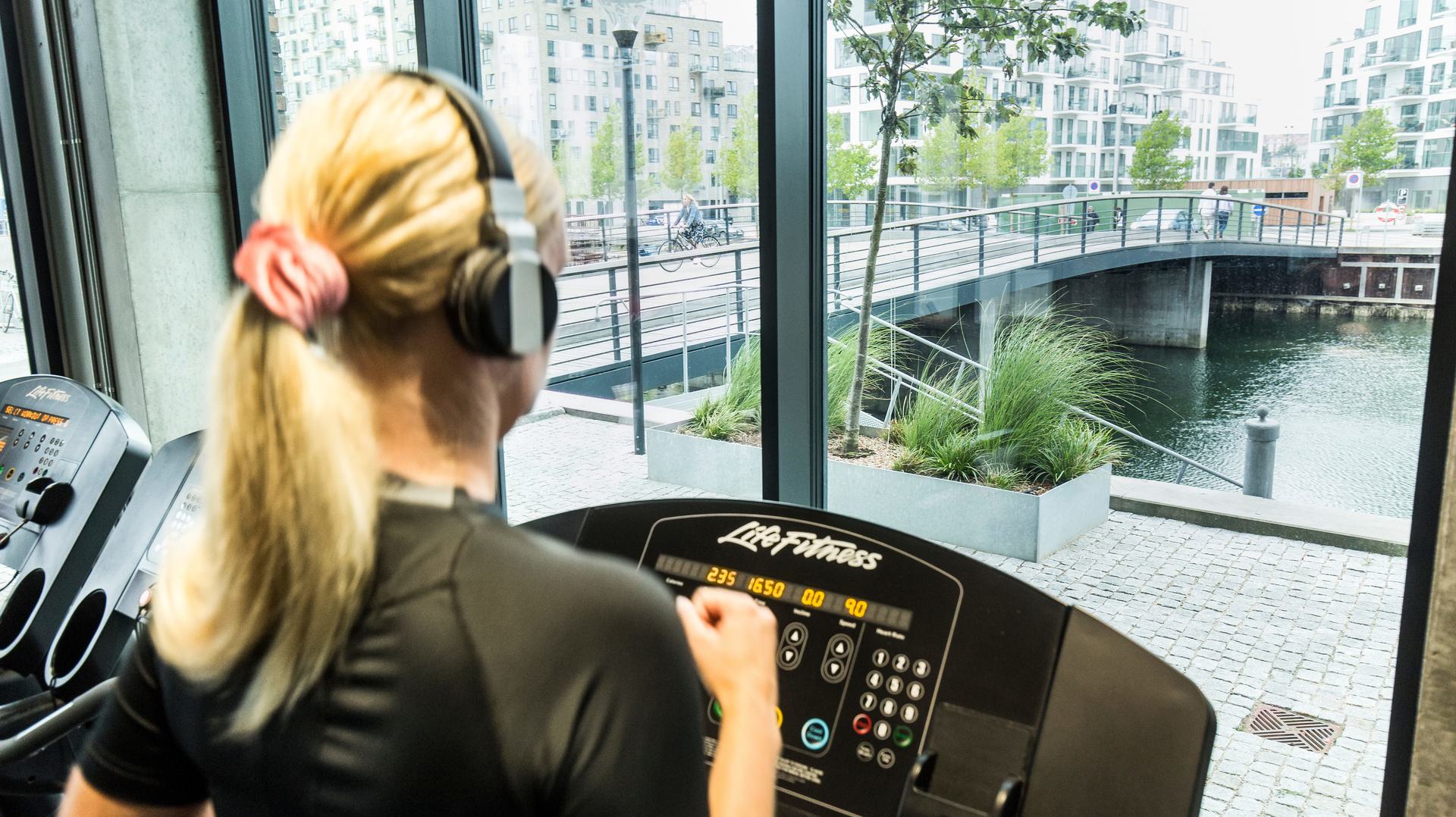
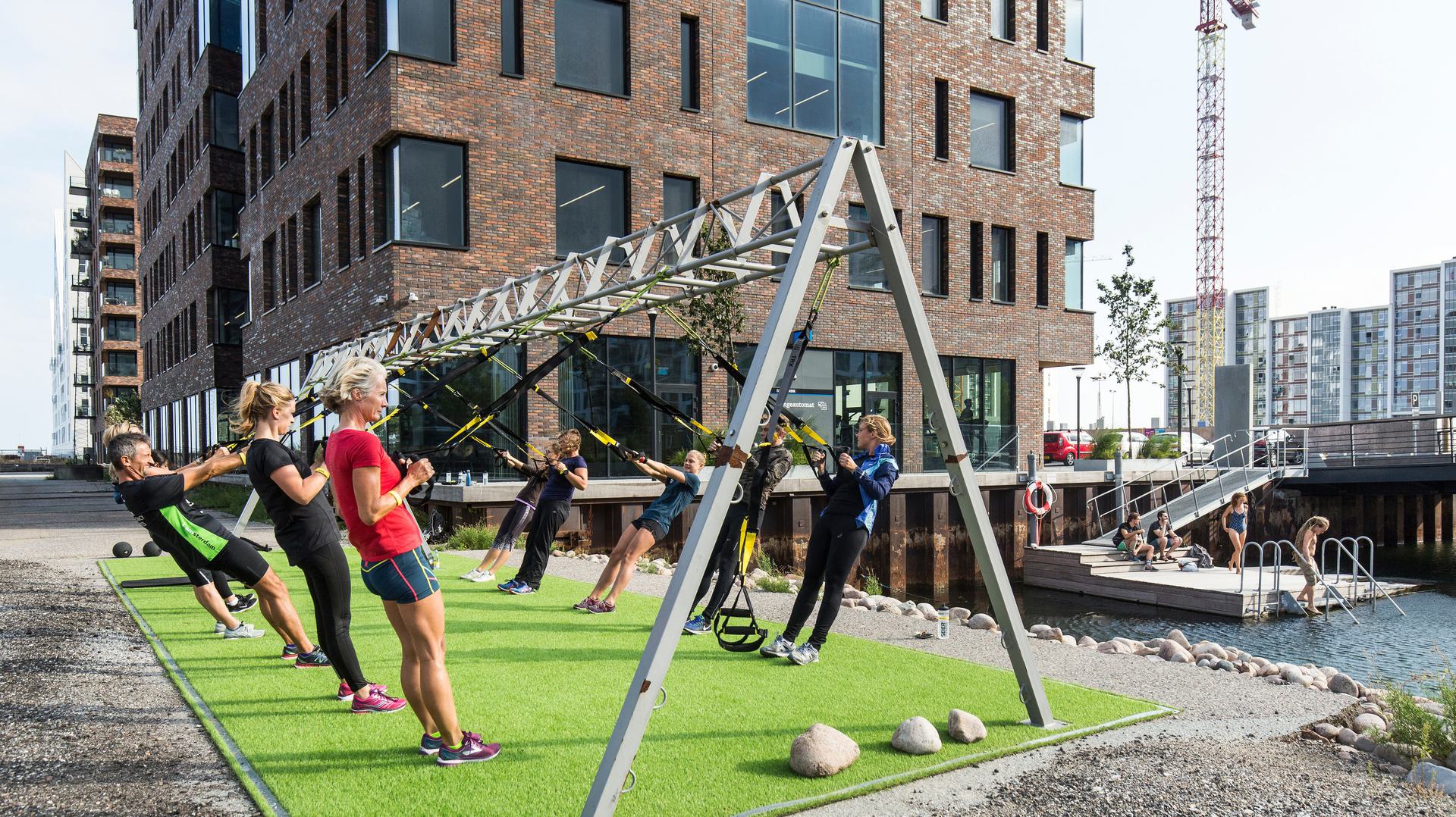
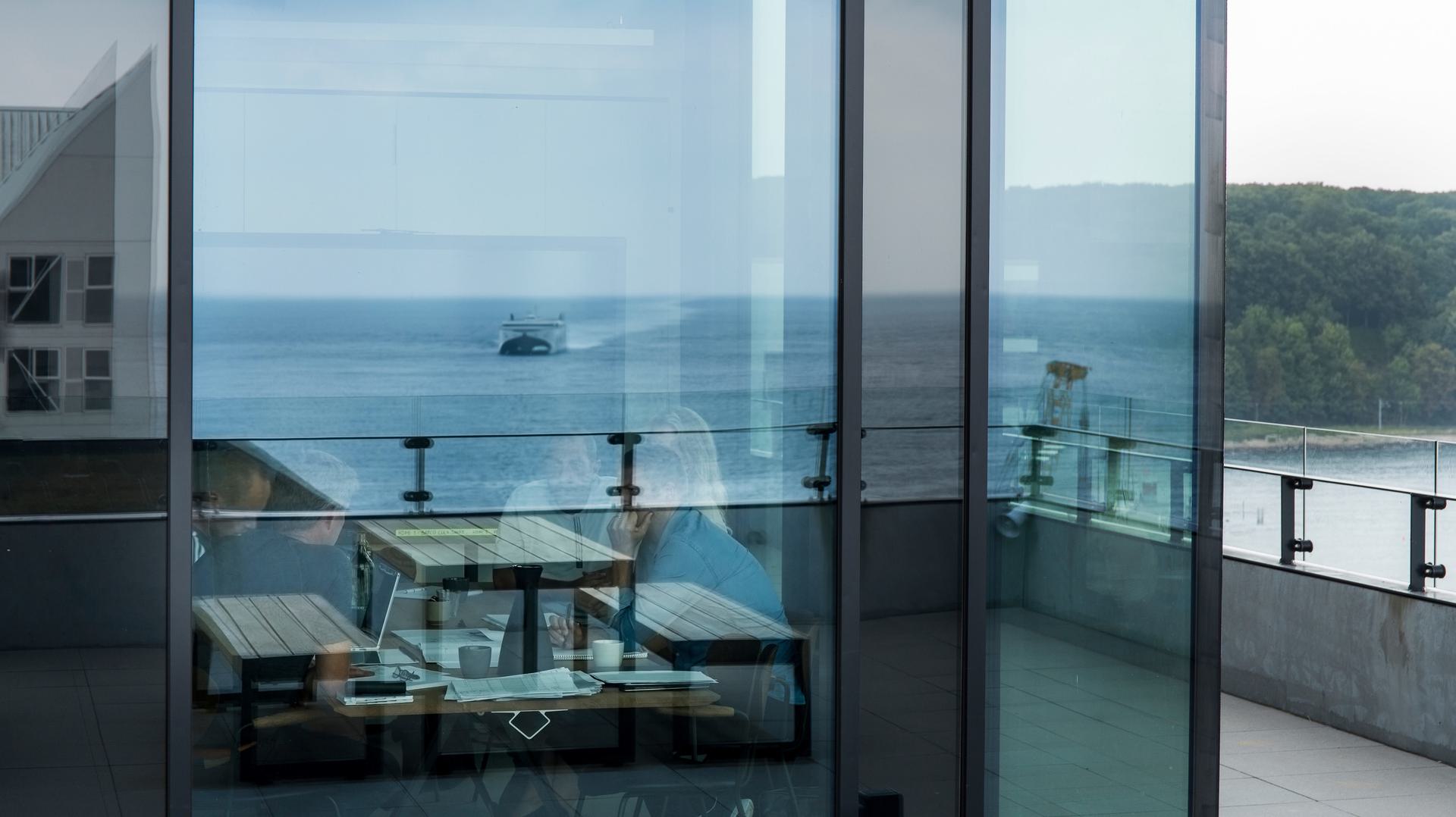
Sources
Rum i arbejde, Akademisk Forlag, 2015 / Statistics Denmark / FM3 / Industrial clusters - firm location and productivity, master’s dissertation, Aarhus Business School / The Alexandra Institute, social survey of Pakhusene 2018
Want to know more?

